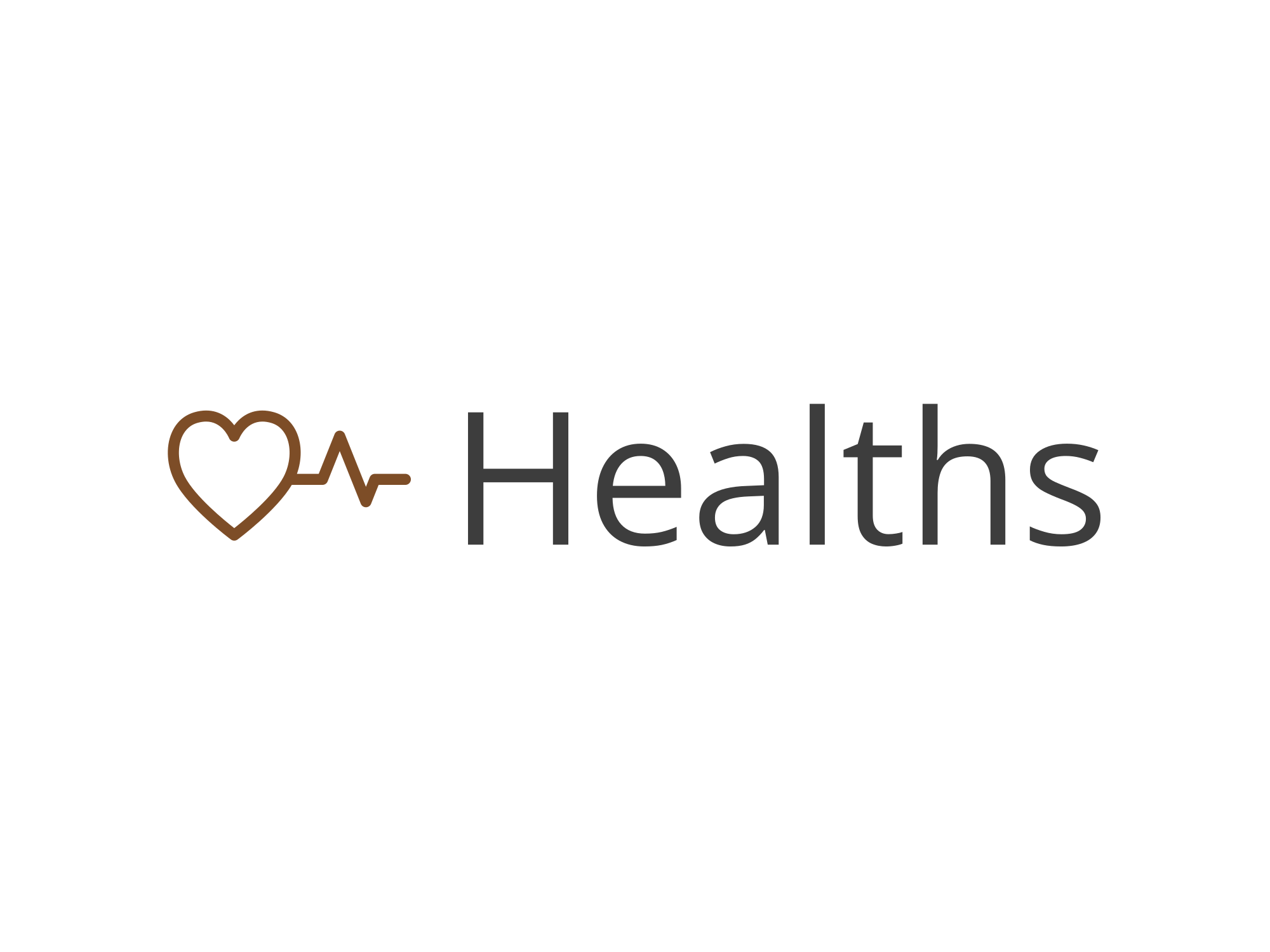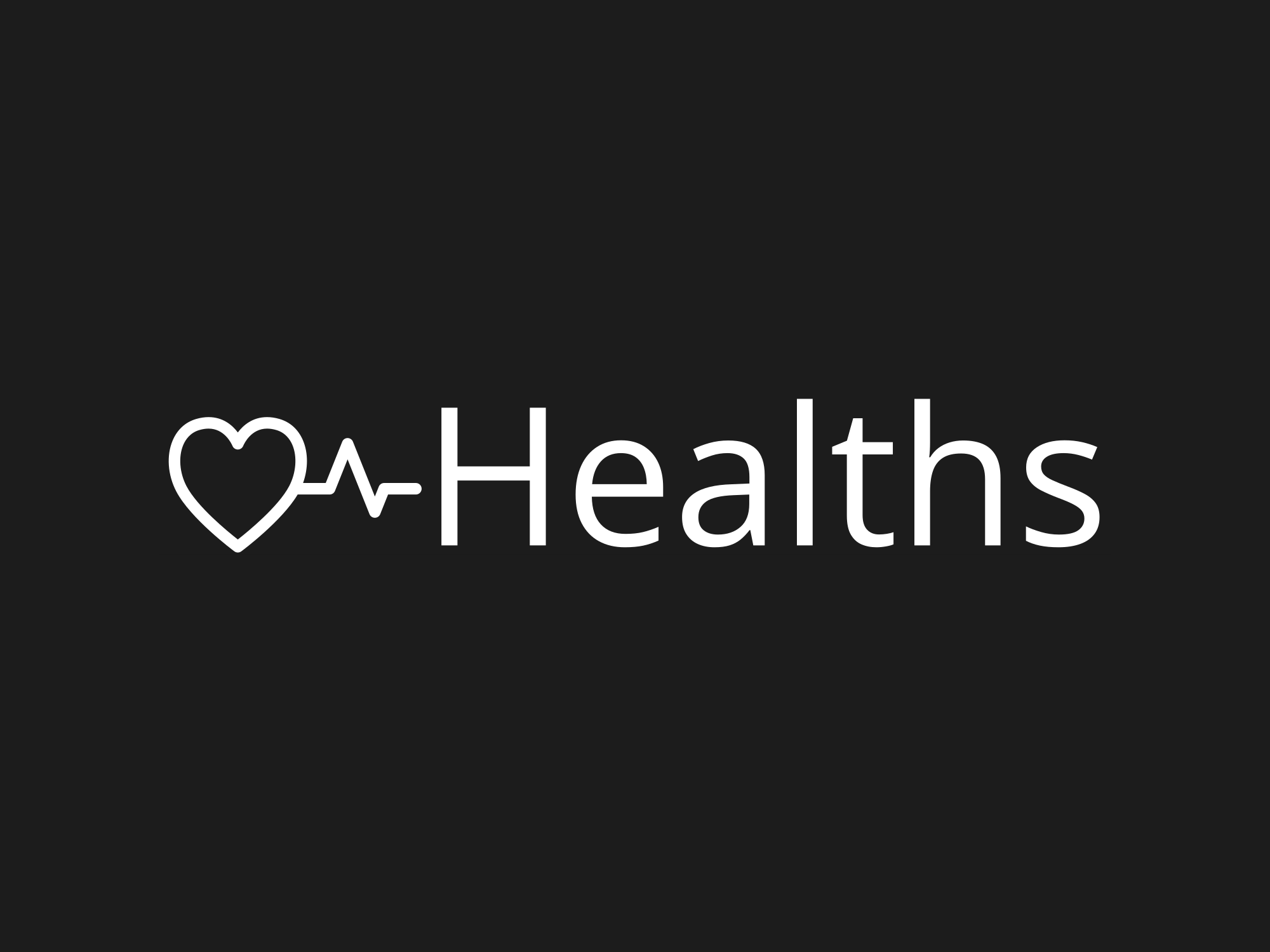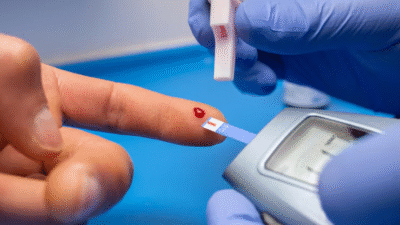
Preventing Cancer in 2025: Do Lifestyle Changes Really Work? Science Answers
Meta Title: Prevent Cancer 2025 Do Lifestyle Changes Work?
Meta Description: Can lifestyle changes in 2025 really prevent cancer? Discover the latest research, expert insights, and proven cancer prevention tips for a healthier future.
Introduction
Cancer continues to be one of the leading causes of death globally. With rising health awareness, many people are asking: Can lifestyle changes really prevent cancer in 2025? As research advances, the connection between daily habits and long-term health outcomes becomes increasingly evident. This article explores the latest scientific findings and offers expert-backed cancer prevention tips that are both practical and actionable.
Understanding Cancer Risk in 2025
In 2025, cancer cases are projected to rise due to aging populations, environmental changes, and sedentary lifestyles. But the good news? Up to 40% of cancers are preventable, according to the World Health Organization. Risk factors such as tobacco use, obesity, alcohol, poor diet, and lack of exercise continue to be leading contributors to cancer worldwide.
Major Cancer Risk Factors
- Tobacco and smoking
- Unhealthy diet
- Obesity and physical inactivity
- Excessive alcohol consumption
- Environmental exposures (pollution, radiation)
- Chronic inflammation
Can Lifestyle Changes Prevent Cancer 2025 ?
Scientific studies increasingly support the notion that lifestyle changes for cancer prevention work. The American Cancer Society and World Cancer Research Fund emphasize that lifestyle choices directly influence cancer risk.
What Science Says:
- A 2024 meta-analysis found that regular physical activity reduces colon cancer risk by 25% and breast cancer by 15%.
- A 2023 Harvard study showed people who followed a healthy diet reduced cancer incidence by 20%.
- Avoiding tobacco eliminates one of the most significant preventable causes of cancer.
Prevent Cancer 2025Prevent Cancer 2025Prevent Cancer 2025
Top Cancer Prevention Tips in 2025

1. Quit Smoking Now
- Avoid secondhand smoke
- Use cessation aids like nicotine patches or prescription meds
- Seek support groups or therapy
2. Eat an Anti-Cancer Diet
- Emphasize fruits, vegetables, whole grains, and legumes
- Avoid processed meats and reduce red meat
- Limit added sugars and saturated fats
Foods that Help Reduce Cancer Risk Naturally:
| Food Category | Examples |
|---|---|
| Cruciferous Veggies | Broccoli, cauliflower, kale |
| Antioxidant Fruits | Berries, grapes, citrus fruits |
| Omega-3 Fats | Flaxseeds, walnuts, salmon |
3. Stay Physically Active
- Aim for 150–300 minutes of moderate aerobic activity weekly
- Include strength training at least twice a week
- Choose activities you enjoy like walking, swimming, or dancing
4. Limit Alcohol Consumption
- No more than one drink/day for women and two for men
- Consider alcohol-free alternatives
5. Maintain a Healthy Weight
- Use BMI and waist circumference as guides
- Combine diet, exercise, and behavior change therapy if needed
6. Protect Yourself from the Sun
- Use broad-spectrum SPF 30+ sunscreen
- Wear hats and sunglasses
- Avoid tanning beds
7. Get Vaccinated
- HPV vaccine for cervical and throat cancer prevention
- Hepatitis B vaccine to prevent liver cancer
Cancer Prevention Science in 2025
What’s New in 2025:
- AI-Driven Predictive Models: New tools help assess your personalized cancer risk.
- Microbiome Research: Gut health is now linked to immune function and cancer risk.
- Wearables & Smart Health Apps: Track diet, exercise, and exposure in real time.
- Genetic Screening: Affordable and accessible to detect inherited risks earlier than ever.
Real-World Case Study
Maria, age 45, lost 40 lbs, switched to a plant-based diet, quit smoking, and saw her pre-cancerous cervical condition reverse after a year of consistent lifestyle change.
Addressing Misconceptions
Myth 1: “Cancer is purely genetic.”
Truth: Only 5–10% of cancers are caused by inherited genes. Most are influenced by environment and lifestyle.
Myth 2: “Diet doesn’t matter.”
Truth: Processed and inflammatory foods are strongly linked to higher cancer risk.
FAQ Section
1. Can lifestyle changes really prevent all types of cancer?
While not all cancers are preventable, lifestyle changes can significantly reduce your risk. Smoking cessation, healthy eating, and regular exercise have proven impacts on reducing cancers such as lung, breast, colon, and liver cancer. Combining these habits with screenings and vaccinations provides a layered approach to protection.
2. What is the most effective lifestyle habit to prevent cancer in 2025?
Avoiding tobacco remains the top prevention method. However, studies now emphasize combination strategies—healthy diet, physical activity, and weight management—as the most effective. A 2025 JAMA study showed that people who adopted all three had a 40% lower cancer risk than those who didn’t.
3. How does diet influence cancer risk?
A poor diet can lead to obesity and inflammation, both of which are linked to higher cancer risk. High-fiber, plant-based diets help control weight and reduce inflammation. Antioxidants found in colorful fruits and vegetables help neutralize cancer-causing free radicals.
4. Are cancer prevention strategies different by age or gender?
Yes. For example:
- Women should be aware of breast, ovarian, and cervical cancer risks.
- Men should consider prostate and colon cancer screenings.
- Older adults need more frequent screenings and vaccinations.
But the core strategies—healthy living, screenings, and vaccines—apply universally.
5. Does managing stress reduce cancer risk?
While stress alone may not directly cause cancer, chronic stress weakens immunity and promotes unhealthy habits (smoking, overeating). Mindfulness, yoga, and therapy can contribute to a holistic prevention approach.
6. What role do genetics play in cancer prevention?
Genetics may predispose individuals to cancer, but epigenetics (how genes are expressed based on lifestyle) matter even more. Genetic screenings in 2025 now offer affordable ways to take proactive measures earlier.
Conclusion
Preventing cancer in 2025 is no longer just about luck—it’s about choices. Science has repeatedly shown that adopting healthy lifestyle habits can significantly reduce your risk. From eating clean to quitting smoking, every small step counts. Use the tips shared above to take control of your health and reduce your cancer risk naturally.
Take Action: Share this article to spread awareness, leave a comment about your prevention journey, or subscribe to our health newsletter for more expert tips!





